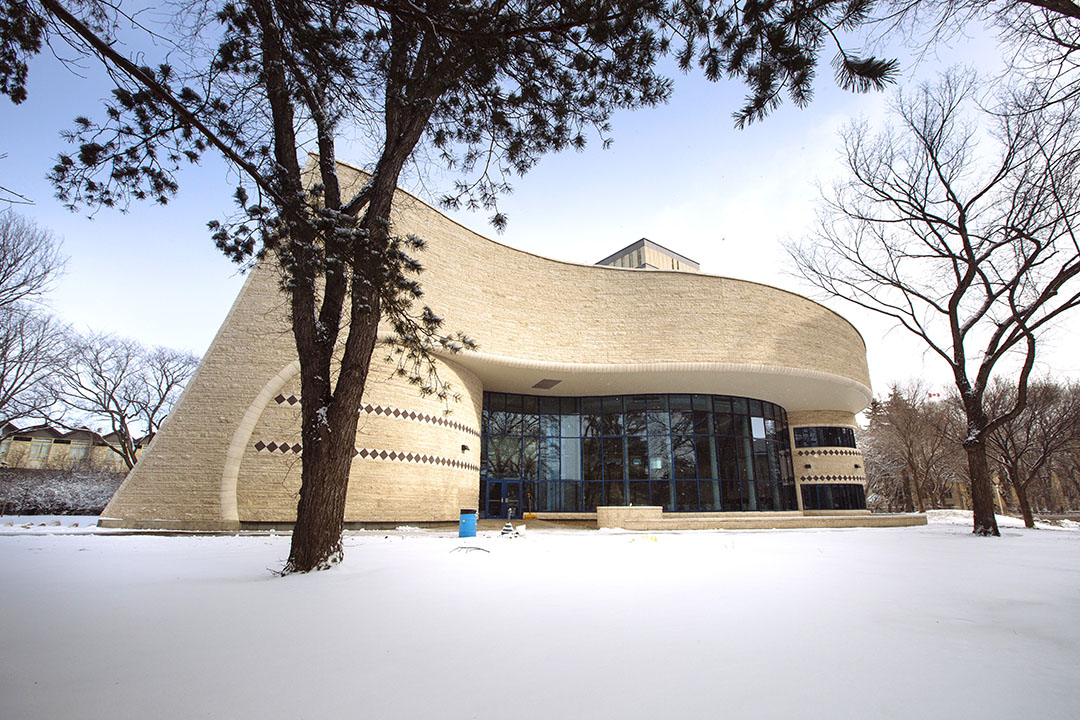
President’s statement on fifth anniversary of Truth and Reconciliation Commission Final Report
On the fifth anniversary of the Truth and Reconciliation Commission’s Final Report, it is important to reflect on the necessary steps the University of Saskatchewan (USask) has taken to address the Calls to Action that were released in June, 2015. Equally important, if not more, is acknowledging the work that still needs to be done.
From physical changes on campus, including the construction of the beautiful Gordon Oakes Red Bear Student Centre and the opening of our new campus in Prince Albert, to new strategic commitments— including increasing the number of Indigenous employees and students on campus and striving to support their success, promoting Indigenous knowledges and scholarship, and establishing a new of Vice-Provost Indigenous Engagement—the university has made significant progress over the past few years.
In 2015, USask hosted the first national forum—Building Reconciliation: Universities Answering the TRC’s Calls to Action—in response to the Truth and Reconciliation Commission of Canada’s final report. That forum was the first of what has become an annual gathering in Canada for university leadership teams working together with Indigenous leaders, scholars and students. As a further response to the 94 calls to action, USask launched the annual Truth and Reconciliation Internal Forum in 2017. The new university plan has taken that work one step further, exemplifying the commitment of USask leadership to the goal of Experiencing Reconciliation, and prioritizing Indigenization in the new plan.
We are proud to be deeply engaged in this important work and acknowledge that none of this happens without meaningful relationships and partnerships with Indigenous communities—including first-of-a-kind agreements between USask and partners like the Federation of Sovereign Indigenous Nations and Métis Nation-Saskatchewan. The support from Indigenous communities enables success in all colleges and schools, where progress is being made to ensure the success of Indigenous students, and to better support Indigenous faculty and staff.
But our journey towards being the best place we can be with and for Indigenous students and their communities is not finished. Guiding the next steps of this journey is the first-ever Indigenous Strategy at USask, to be gifted to us by Indigenous Elders, and representing USask’s commitment to reconciliation and decolonization. This strategy is unlike any other as it was created by the Indigenous community, including USask students, faculty and staff, as well as Elders, Traditional Knowledge Keepers, Language Teachers and other community leaders in an inclusive and respectful way. Together, we have built a momentum and are looking forward to continuing this as we implement this strategy.
We know the way forward will not be easy - nothing worthwhile ever is. We know every step taken might not be the right one, but we also know we have meaningful relationships with Indigenous communities that can guide our path forward. We know we are being heard as a national leader, but we also know we must actively listen and meaningfully engage in the dialogue. We are encouraged by this collective, respectful and authentic journey, but we also know we have much more to do. This is how we advance Reconciliation, address the TRC’s 94 Calls to Action and ensure the success of a vibrant campus community uplifted by Indigenous peoples.
Peter Stoicheff
President and Vice-Chancellor
University of Saskatchewan

